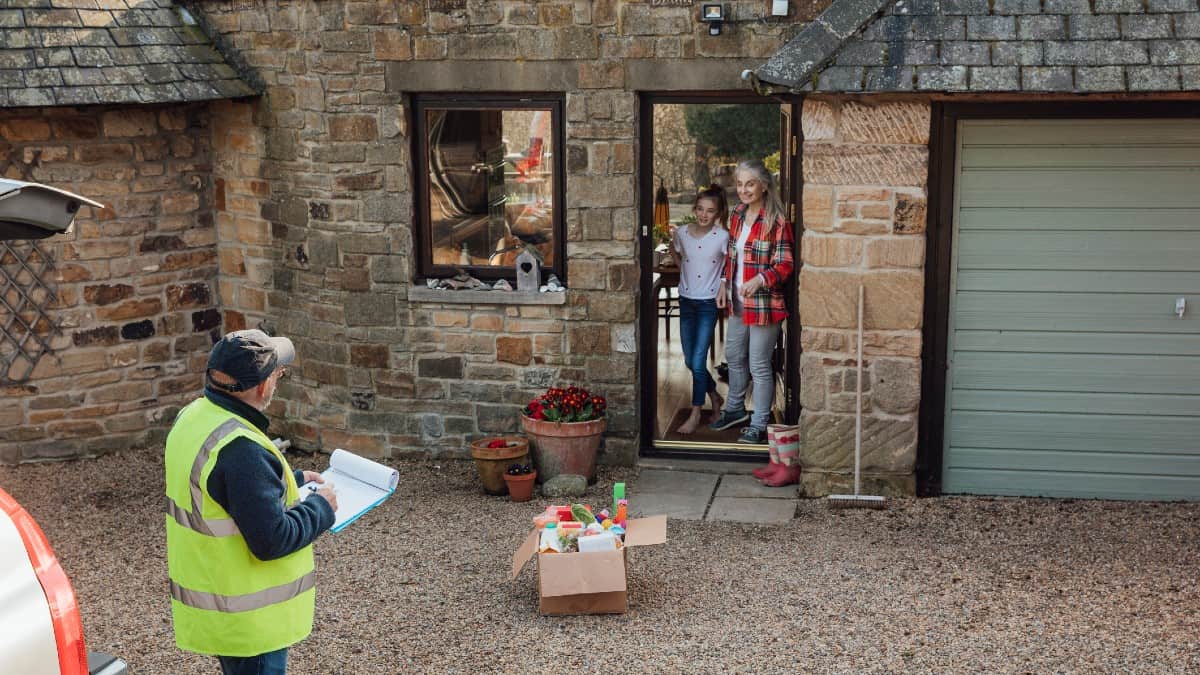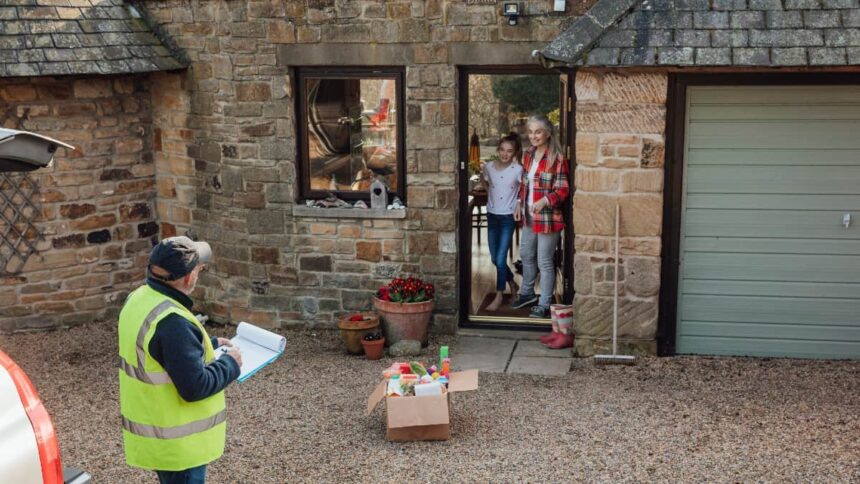
Image source: Getty Images
Its share price is down 60% since its stock exchange debut, so Deliveroo (LON:ROO) could be the FTSE‘s most overlooked stock. This once high-flying name has crashed hard amid concerns over slowed growth and profitability. But recent results revealed surging earnings, with the company seemingly having turned a corner.
Accelerated earnings
As a frequent Deliveroo user, it’s easy to attest that it remains popular despite consumers returning to restaurants post-lockdowns. The convenience of delivery keeps loyal customers hooked, and I feel its selection and reliability outpace competitors like Just Eat. Consequently, it’s no surprise to have seen the platform retain its users despite the current cost-of-living crisis.
Yet it should be noted that growth has been stagnant over the last couple of years in average monthly orders and monthly active customers. Unless this picks up, then this could represent a real risk to the shares’ future performance.
Additionally, the food delivery field is crowded with well-funded rivals, so profitability may be modest in the medium term.
However, if Deliveroo can continue to scale, I’m confident this should improve over time, especially if it ventures into the super app space like Grab. Developing a super app could unlock significant new verticals for the FTSE constituent. After all, Deliveroo is a household name in the UK, and that brand power holds plenty of value.
The company has been disciplined on the cost front. It’s been wisely exiting unprofitable areas to boost earnings in an attempt to turn a net profit — something no other food delivery company is yet to achieve.
As such, the board has upgraded its EBITDA guidance for the year significantly — from £20-£50m to £50-£60m. This is a rarity to see these days given the macroeconomic climate.
As mentioned, risks around growth and margins persist, of course. But with the stock so beaten down, I think most of this negativity is priced in already. Therefore, patient investors could be rewarded if the FTSE stalwart can sustain the upward momentum found this year.
Room for growth
As one of the early movers in food delivery, Deliveroo benefits from strong branding, consumer trust, and restaurant relationships built over the years. These competitive advantages can’t be easily replicated by newcomers.
Deliveroo’s delivery network also hums with hard-to-match efficiencies optimised over time. Management seems to be focused on balancing growth and profitability wisely. Investors may be happy to see the firm not chasing volume at all costs as it was before.
Although several analysts question whether increased competition spells doom for Deliveroo, there’s still room for optimism, I feel. As the saying goes, a rising tide should lift multiple boats. And with real wages now finally above inflation, a return to discretionary spending could bode well for the FTSE stock.
The food delivery market seems far from saturation as it still makes up less than 20% of UK restaurant spending, and is even smaller when it comes to groceries. So, as more customers try delivery and chains expand their partnerships, the entire sector could grow.
For contrarian investors, excessive pessimism often signals opportunity, and Deliveroo may be one opportunity. Nonetheless, until net profitability can be achieved, investors may not want to risk a sizeable chunk of their portfolios here. Even so, this growth stock may still be worth dipping a toe into.








